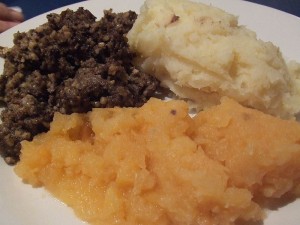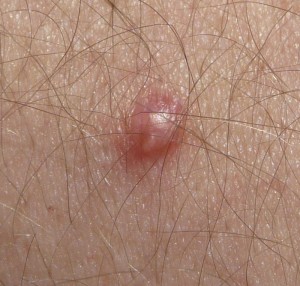Which of these is a neep? (Images courtesy Wikimedia Commons. List courtesy McSweeneys.)
Warning: don’t read this while you’re eating. Unless you’re a humble British chef.
Custardy lumplots? Head cheese? Either of those sound appetizing? If you can’t eat it in the company of your grandmother, then believe me: you don’t want it. See if you can tell which of these delights below are designed to be swallowed, and which will send you running to your doctor. We’re posting today’s inspired list from McSweeneys: see the full article for the answers …
BRITISH CULINARY SPECIALTY OR TWEE SLANG FOR STD SYMPTOM? Continue reading
















